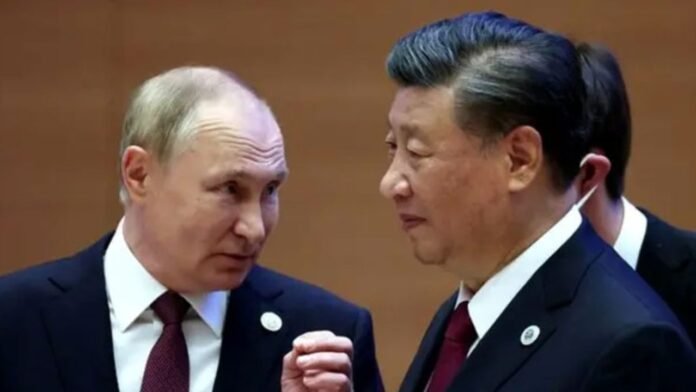In a critical moment at the Shanghai Cooperation Organization (SCO) summits held in Astana, Kazakhstan, leaders from China and Russia called for closer regional cooperation in this part of Central Asia. They sent a message that they should work together against interference from abroad while maintaining stability and development within the region.
Historical context and alliance dynamics
For many years now, China and Russia, two strong members of SCO, have played vital roles in shaping Central Asia’s geopolitical landscape. Both countries have their own interests concerning security and economy, among others, with the area; besides, they face common threats such as terrorism, which is fueled by drug trafficking across borders. Founded in 2001 following the September 11 attacks on the Twin Towers, this organization allows countries to trust each other more through dialogue than what they can do individually.
The summit’s agenda items
During the 24th meeting of heads of state at the SCO, leaders agreed to bolster the organization against external pressures. Russian President Vladimir Putin categorically stated that member nations must resist outside interventions and assert their rights over sovereign territories to avoid internal destabilization. The president’s speech shows Moscow’s longstanding position towards protecting its sphere of influence within Eurasia.
Similarly, Chinese President Xi Jinping emphasized collective efforts to ensure security and drive economic growth across regions. He said there should be joint initiatives among member countries aiming at sustainable development that will also help fight against transnational crimes like organized crime, including drug smuggling networks. In his words, the “One Belt One Road” initiative has started integrating central Asian countries into the global economic system, indicating Beijing’s commitment to enhancing connectivity worldwide through this scheme.
Strategic objectives & policy frameworks
Both leaders proposed strategic goals to foster cooperation between different regions under the SCO framework, such as improving infrastructure connections, boosting trade ties, or cultural exchanges among participating nations. As if that were not enough, President Putin backed up “EAEU.” At the same time, China’s leader talked about “BRI” projects designed to bring economic integration closer within the entire Eurasian continent.
President Xi reiterated his country’s willingness for green development throughout the region, thus aligning with a global drive to reduce negative impacts caused by climate change and build resilient societies capable of dealing with various natural calamities.
Challenges and opportunities ahead
Even with acting as an opportunity for fostering regional collaboration, there still exist challenges to this cooperation due to geopolitical rivalries or even different national interests within the SCO community itself. It is therefore essential striking balance between economic nationalism so that no state should feel inferior vis-à-vis another during integration process especially now when Beijing seems gaining through BRI while Moscow looks forward expanding its influence over post-soviet space.
However, despite some difficulties encountered during meetings held in Astana city, they did not fail to recognize the relevance of their existence since such platforms provide a chance to bring together all nations concerned so that peace may prevail worldwide after joint struggles against common enemies like poverty, ignorance, etcetera.
summary
This year’s summit meeting at Astana marked another milestone achievement for Sino-Russian relations aimed at deepening ties between these two countries through enhanced regional cooperation under the SCO framework. Both states have positioned themselves strategically, using this organization to abridge across respective territories, thus reaffirming the commitment to a shared security approach towards sustainable development within Central Asia. With evolving geopolitics on the global stage today more than ever before,, it becomes ecessary; therefore, we should expect increased use of multilateral diplomacy by Russia and China via initiatives like BRI coupled with joint resistance against interference elsewhere while promoting stability nearer home.


